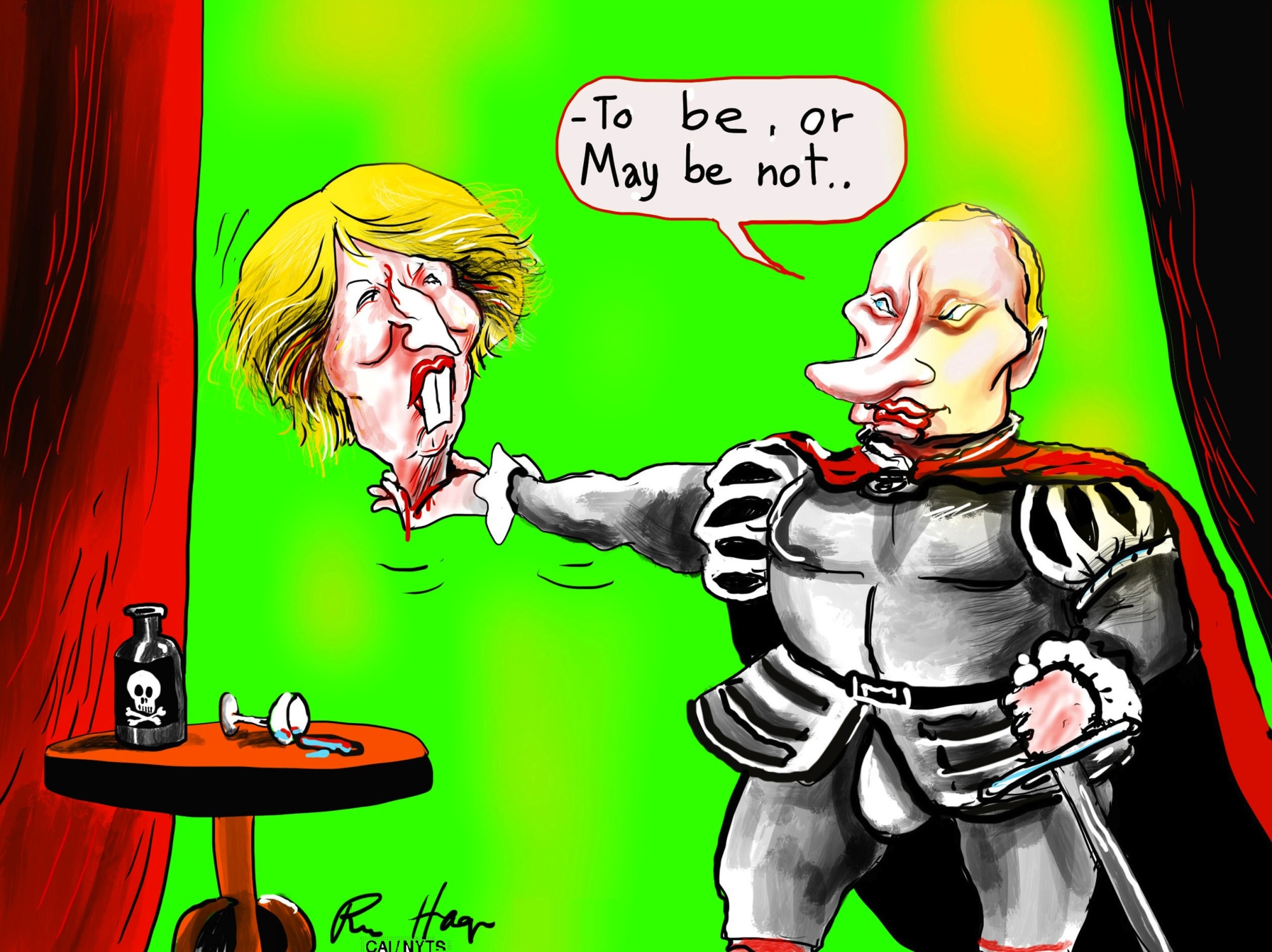Some moments in history are steeped in irony. To glimpse a current example, look no further than the United Kingdom. As the Brexit negotiations with the European Union approached a tipping point — last week's European Council meeting — the British government was seeking its scorned European partners' help in its dispute with Russia over the attempted murder of the former Russian double agent Sergei Skripal and his daughter in Salisbury, England.
But even before the brazen attack on the Skripals — targeted with the Soviet-designed nerve agent Novichok — Prime Minister Theresa May had become more forthright in highlighting the values and interests shared by the U.K. and the EU, including with regard to security and defense. Indeed, at last month's Munich Security Conference, she proposed a "deep and special partnership" on such matters.
In May's preferred scenario, the U.K. would continue to participate fully in EU agencies like EUROPOL, while upholding European Arrest Warrants. Moreover, the U.K. would maintain its involvement in existing and future EU Common Security and Defense Policy missions, and coordinate with the EU on sanction regimes under the Common Foreign and Security Policy.


















With your current subscription plan you can comment on stories. However, before writing your first comment, please create a display name in the Profile section of your subscriber account page.